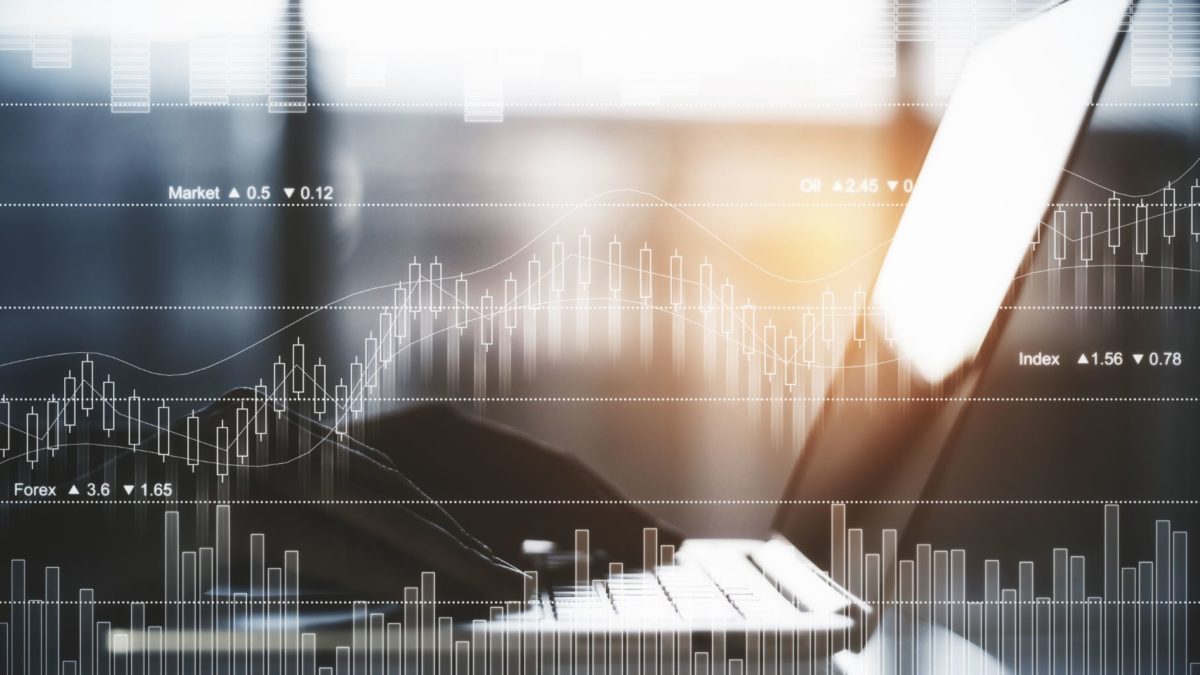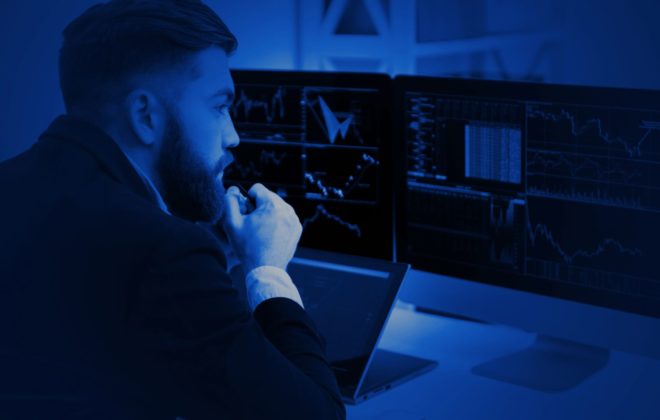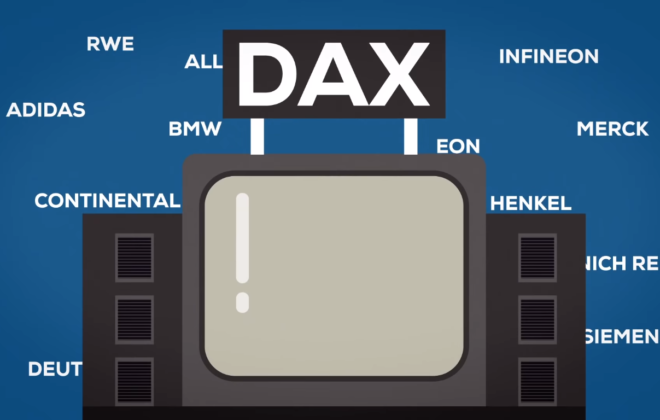What is Forex?
Question: What is Forex?
The simplest meaning of Forex (Currency exchange or Foreign Exchange) is simultaneous buy and sell of the currency or the interchange of one country’s currency for the one of another country. The world currencies do not have a stable exchange rate so rates are constantly rise and fall.
Forex market is fully decentralized. In simple words, no such physical location exists where investors go to trade currencies. Forex traders use the internet to see the quotes of different currency pairs from different dealers. Financial centers around the world – London, New York, Tokyo, Hong Kong and Singapore – function as anchors of trading between a wide range of different types of buyers and sellers. In order to get access to interbank currency market, you will have to approach to Forex broker.
Investments normally take place with 4 major pairs: US dollar v/s Japanese yen, Euro v/s US dollar, British pound v/s US dollar, and US dollar v/s Swiss franc or you can say USD/JPY, EUR/USD, GBP/USD, and USD/CHF. These major pairs are known as the Forex market’s “blue chips.”
Suppose you predict that Euro would rise against US dollar, you can exchange the second one for the first one and wait for the profit. If you predictions goes in your favor so in that case you can make an opposite transaction and to exchange currencies back gaining the profit.
Transactions related with Forex are carried out by Forex brokerage companies, also known as major banks dealers. Rates in the Forex market fluctuate without any dramatic changes dissimilar to stock market where enough gaps are commonly seen. Entering and exit the market is not a problem due to its daily turnover of about $ 5 trillion.
Foreign exchange market (also known Forex or FX) is the oldest market in the world. Since currencies’ primary market work 24-hours a day and 5 days a week,
Previously big amount of transactions and strict financial requirements used to make this interbank market unavailable for small speculators. Banks, huge-amount speculators, and largest currency dealers were the only dealers of currency markets. They had full control over this market
At the present time, small traders have an opportunity to buy or sell the small lots (units).
The traders of any type like individual speculators and small companies have full access to the market at the same price fluctuations and exchange rates, which only big players used to take advantage previously.
Forex trading is like the risky sea where you can meet lots of sharks but on the other hand, it is the only market where two weeks of trading can give you $10,000 out of $100 of initial investment.
Many newbie traders speculate without any logic, that surely bring them to having nothing in the end. You should always keep the phrase “be careful!” in your mind. Forex market give you its profit possibilities only if you have sound knowledge and make lots of demo trading.
95% of traders lose their money at Forex, 5% earn profit, and less than 1% of traders make large fortune at Forex according to the statistics. In Forex trading, your assets are your knowledge, experience and a small amount of cash.
Question: What are the advantages of Forex trading?
Answer: Following are some Forex market advantages:
Answer: 24-hour market
The good thing of the Forex market over the stock market and other exchange-traded instruments is that the forex market is a 24-hour market. There are always buyers and sellers actively trading forex whether it is 9pm or 9am, somewhere in the world. A trader may take benefit of all profitable market conditions at any time so there is no need to wait for the opening bell
High liquidity
Liquidity means how quickly an asset can be converted into cash. The forex market is the only market where daily average trading volume is $ 5 trillion, hence, the most liquid market in the world. Due to this a trader can enter or exit the market at will in almost any market condition minimal execution barriers or risk and no daily trading limit.
No commissions
No government fees, no brokerage fees, and no exchange fee. So we can say there are no commissions in a real sense – most forex brokers make profits from the spreads
Low Capital Requirements
Unlike the stock market, there is no legal minimum amount you need to trading. Therefore, You don’t need a large amount of money. In fact, you can start with only 1 USD. This is just due to leverage which brokers offer to traders.
Ability to go long or go short
A trade in the forex market involves selling or buying one currency against another. An investor may go long in one currency or short in the other. The trader takes short position when he is sure that it will depreciate. This means that benefit exists in a rising as well as a falling market.
No one can corner the market
The forex market is so big and has so many participants that no single entity, not even a central bank, can control the market price for an extended period.
Question: What is leverage?
Answer: Leverage allows traders to control large amounts of currency for a very small amount, it boosts the percentage amount of their profits and losses.,
For example, to control a $50,000 position, your broker will keep aside $500 from your account. Your leverage, which is expressed in ratios, is now 100:1. This means you are now controlling $50,000 with $500. So we can call 100:1 as leverage which your broker is offering to you.
The larger the leverage, the more likely you are going to lose your full investment if exchange rates go against you. So, leverage allows traders to open a bigger position than what they actually have deposited of their own money.
Question: What is Pip?
Answer: PIP = Point In Percentage. In Forex PIP is considered as point for calculating profit/loss. Most of the currencies in the Foreign exchange market are traded up to four decimal points such as one pip is equal to 0.0001 cents. So, a pip is the smallest unit of price traded for a currency. However, aforesaid paragraph contains only one exception: Japanese yen pairs are quoted in 2 decimal points.


